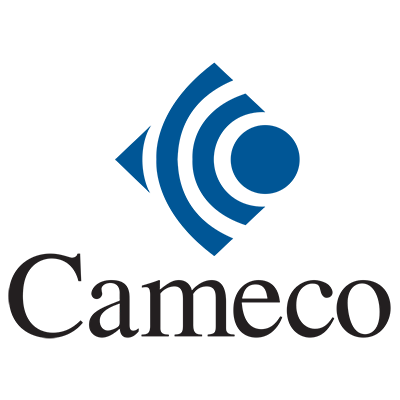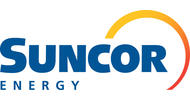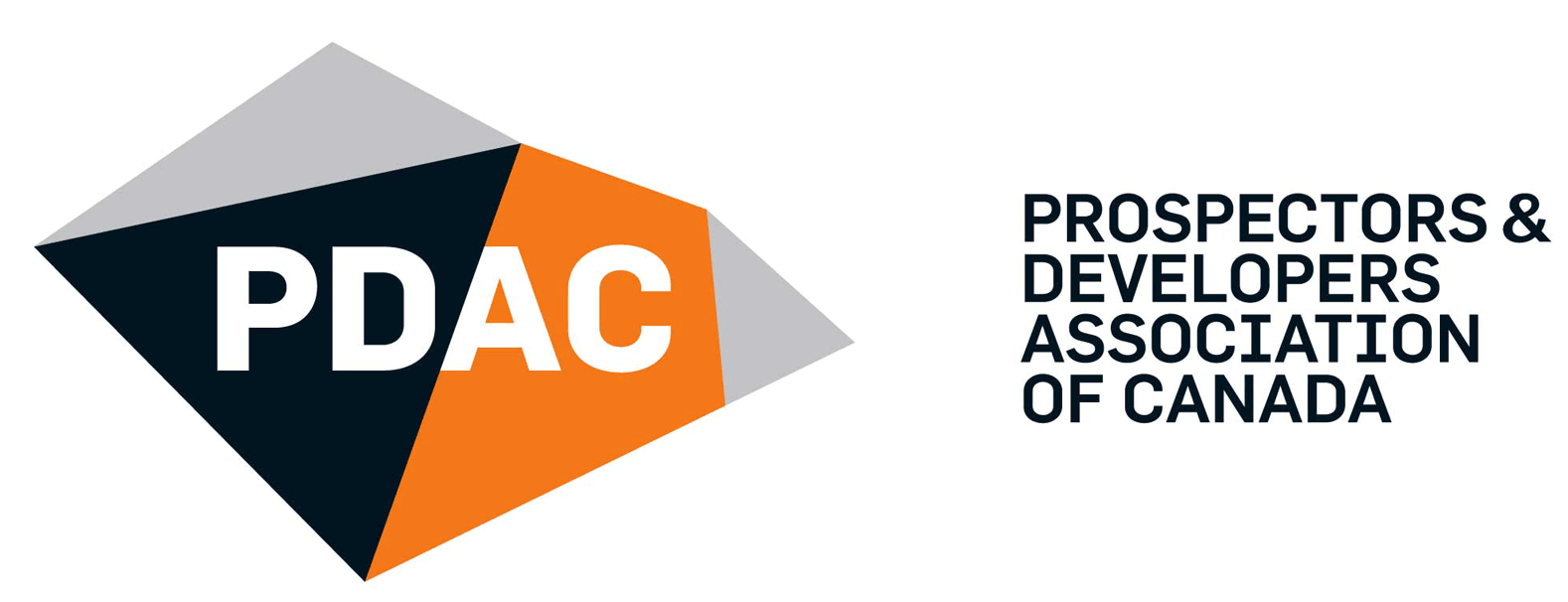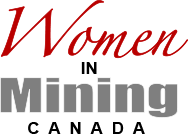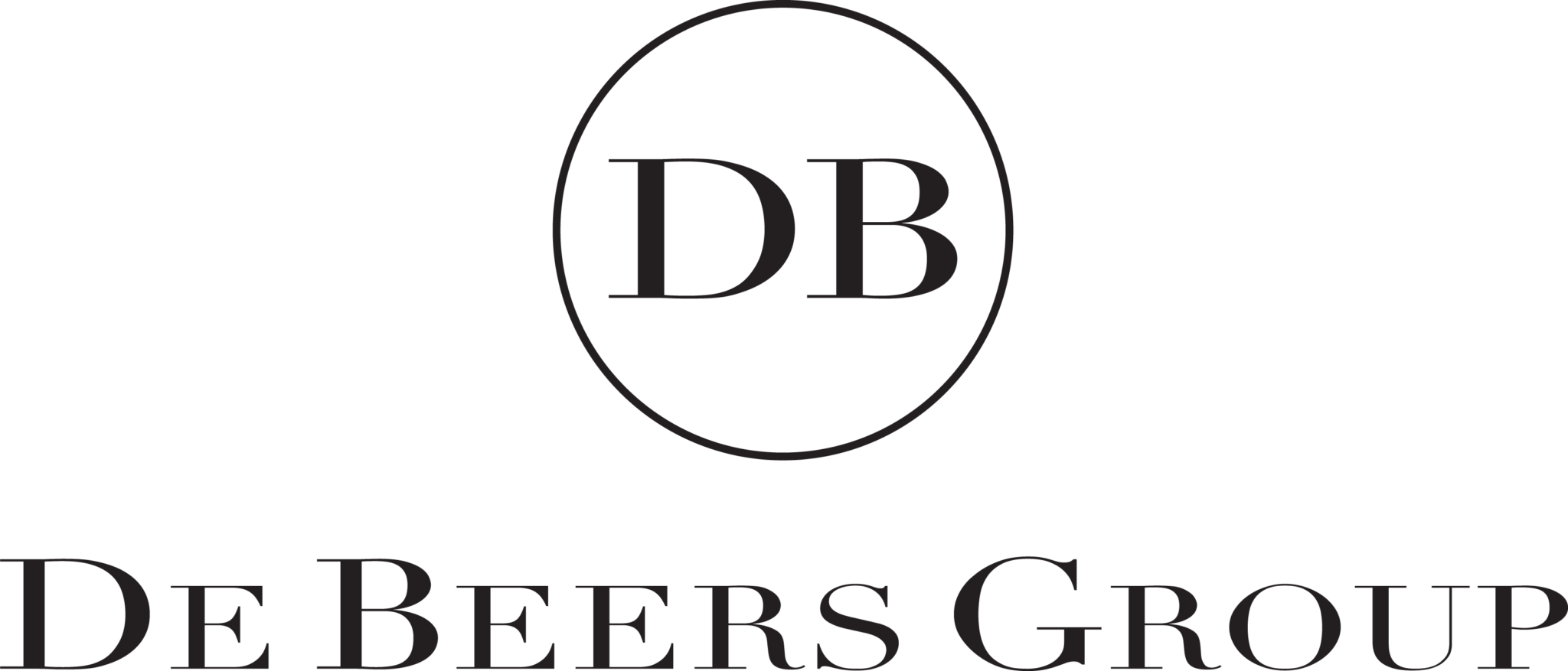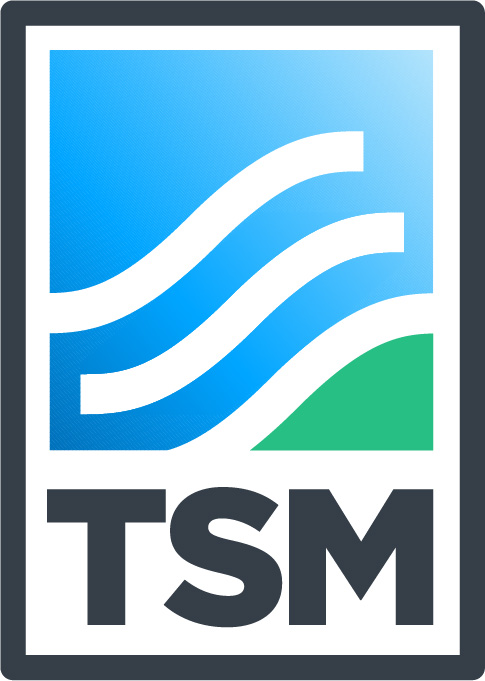Mining companies are putting commitments to enhancing diversity and inclusion into action. Below is a broad sample of projects that support addressing equity, diversity and inclusion by MAC members and industry partners.
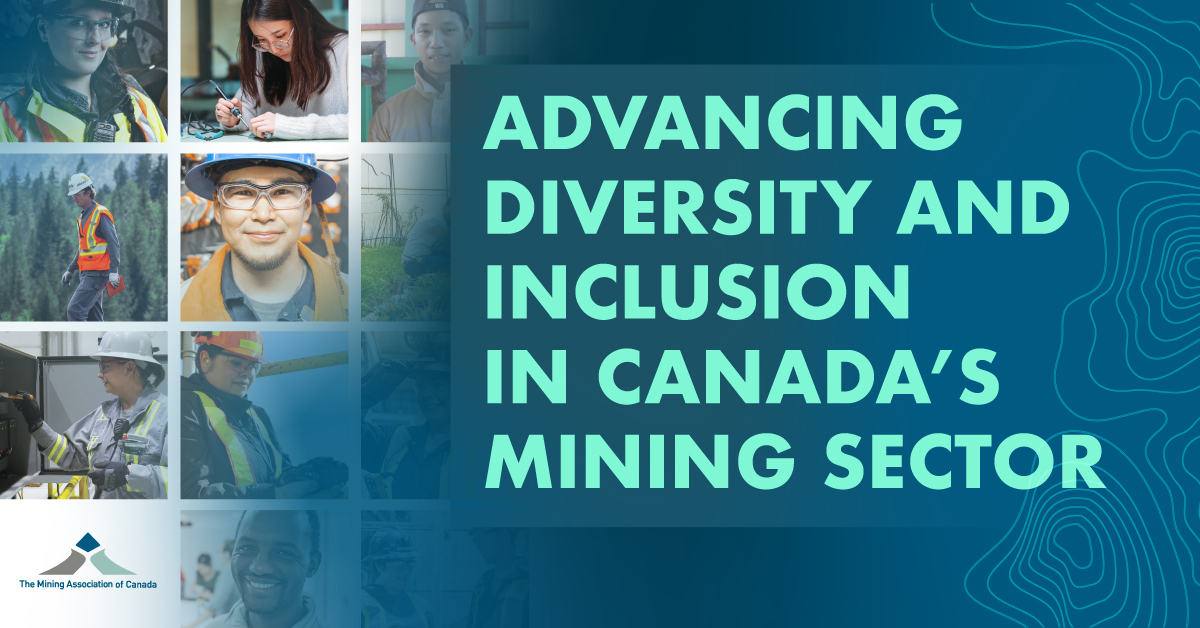
STANDARDS/TRAINING
Towards Sustainable Mining (TSM) is the Mining Association of Canada’s (MAC) commitment to responsible mining. Mandatory for all MAC members, TSM requires the assessment and independent validation of 30 distinct and in-depth performance indicators addressing nine critical aspects of social and environmental mine, smelter and refinery site-level performance. In 2023, MAC launched the Equitable, Diverse and Inclusive Workplaces protocol, the result of two years of multi-stakeholder engagement. The TSM Equitable, Diverse, and Inclusive Workplaces Protocol will support companies in undertaking broad engagement with a cross-section of people who bring diverse perspectives and experiences to review, develop, and implement:
- A corporate strategy for equitable, diverse, and inclusive workplaces.
- Processes to foster a workplace culture of equity, diversity, and inclusion at the mine site.
- Approaches to information gathering, reporting, and setting objectives on equity, diversity, and inclusion at the mine site.
This new protocol was released in tandem with significant updates to the TSM Safe, Healthy and Respectful Workplaces protocol, which includes a new performance indicator focused on psychological safety and respectful behaviour. This indicator aims to confirm that facilities are implementing processes and programs that will promote psychological safety and respectful behaviour in the workplace.
In 2019, after several years of consultation, MAC released a newly updated standard on Indigenous and Community Relationships that focuses on ensuring management and employees at mine sites are educated on the history of Indigenous peoples and receive skills-based training in intercultural competency, conflict resolution, human rights and anti-racism.
In 2015, in an effort to understand workplace attitudes towards inclusion of women in the company and the impacts of unconscious bias, Cameco, one of Canada’s leading uranium companies, reached out to women throughout its North American locations to participate in small focus group meetings to have confidential discussions about their experiences working in a male dominated industry. There were three main areas of focus that Cameco addressed to create a more inclusive environment for women working at the company soon after this research was completed, including:
Providing appropriate personal protective equipment designed specifically for women (2016-2019).
In 2017, introducing mandatory Expect Respect training for supervisors to communicate Cameco’s zero tolerance for disrespect, and awareness sessions for employees.
Instituting mandatory Unconscious Bias training in 2019, designed to create safe and open dialogue with all employees about unconscious biases, diversity and inclusion and its impacts.
Cameco’s Unconscious Bias training provides an important opportunity to not only hear the perspectives of designated groups, but also the majority – men, because male allies in the workplace play an essential role in driving a more inclusive environment. This training focuses on biases commonly seen in male-dominated industries like mining and includes discussion on different commonly held biases and information on how to be role models of inclusion. Unconscious Bias training is required for all employees at Cameco’s locations globally.
Across Teck Resources (Teck), new Inclusion and Diversity Committees are being brought together, employee resource groups are being formed with an initial focus on women and Indigenous Peoples, and support is available for employee-led Inclusion and Diversity initiatives. Teck is focused on advancing its Inclusion and Diversity objectives and recently ensured that unconscious bias training was embedded into its leadership development programs. Teck has also been a leader in supporting the inclusion of its trans employees, and received the Ethical Corporation Responsible Business Award for Inclusion and Diversity in 2018 for its overall work in prioritizing D&I.
Pan American Silver operates mines across the Americas in communities with different cultures, languages, and values, and we believe that it is important that the workforce represents this diversity. Having a diverse workforce brings together a wide array of backgrounds, culture, experience, and knowledge, which is essential to fostering innovation and responding to the increasingly complex challenges facing our industry.
By building an inclusive organizational culture, Pan American’s workers will feel safe and valued, will be afforded equal access to opportunities, and be better able to fully contribute to the success of the Company. The foundation for building such organizational culture is Respect. With that in mind, in 2019 the Company created the Building Respect Together, a dialogue-based program, to help foster the inclusive culture Pan American aspires to embody. While the planned rollout of the program in 2020 was delayed due to COVID-19, Pan American was able to conduct an internal communications campaign to introduce the topics of inclusion and respect in the workplace and set the mood for the future workshops.
Building Respect Together is dialogue-based in order to inspire open conversations that can foster positive long-term change. The program is devoted to both employees and contractors and includes specific content to promote a greater understanding and protection of and respect for women’s rights. Employees volunteered to facilitate the discussions within each module and over 200 employees were selected and trained from across the Company. The program consists of four modules:
Respect: this module focuses on what respect in the workplace looks like and aims at providing the ability to recognize key terms like diversity and inclusion, recognize and reflect on an individual’s own bias, identify and put respectful communication into practice, and acknowledge your own boundaries and respect of privacy.
Awareness: this module centers around awareness in the workplace and aims at providing the ability to understand identity and assumptions, racism in the workplace, understanding and identifying empathy, assertiveness, and unity, and how to communicate more effectively with one another.
Harassment: this module aims at clearly defining the conducts that are not accepted at Pan American Silver and provides information about the Company’s confidential grievance mechanism, PAAS Listens, which is available to all employees to raise allegations of inappropriate conduct of peers or supervisors.
Assertiveness: this module provides more detailed content, previously introduced in module 2 of the program, and seeks to provide the ability to communicate more effectively in order to solve conflicts with peers and/or supervisors and contribute to a healthier work environment.
In 2022, Pan American completed modules 1 and 2 across its entire operations-level workforce, including contractors, either online or in person. In 2023, the program will continue to advance and evolve as Pan American completes the last two modules of the program and implements an EDI e-learning platform to incorporate Building Respect Together into employee onboarding processes.
The Mining Industry Human Resources Council (MiHR), financially supported by MAC and its members, leads collaboration across Canada’s mining sector to understand labour market trends, identify opportunities and develop solutions. MiHR and its Inclusion and Diversity Standing Committee collaborated with MAC on the formal industry statement that committed to ensuring equity, diversity and inclusion (EDI) are prioritized in Canada’s mining sector, and on drafting the Towards Sustainable Mining (TSM) EDI Protocol. MAC mandated that all its staff undertake MiHR’s Indigenous Awareness Training eLearning, and MiHR also offers intercultural awareness and gender equity eLearning.
In December 2022, MiHR launched Safe Workplaces for All to support exploration and mining companies identify and respond to allegations of sexual harassment and violence. MiHR is expanding on its EDI initiatives by developing, implementing and evaluating action-oriented programs, tools and resources through its Mining Sector Skills and Solutions Strategy for the Clean Economy (M4S) project:
- The Gender Equity in Mining Works program is being updated to help eliminate systemic barriers to workplace gender inclusion.
- A research report and infographic are being produced to identify effective practices and indicators for reducing equity-deserving groups’ workplace barriers and supporting Indigenous reconciliation in the sector.
- A mining for diversity toolkit and sectoral hub is being developed that will focus on issues such as bias, systemic racism and sexual harassment.
- A report is being produced on the opportunities for enhanced integration of persons with disabilities in the sector owing to automation along with an additional report focusing on opportunities for integrating newcomers into the sector.
Contact inclusion@mihr.ca to learn how you can collaborate with MiHR on these and other EDI initiatives to help build an inclusive, diverse and sustainable mining workforce.
RESOURCES
Rio Tinto is committed to gender diversity and breaking the cycle of violence against women through both its company policies and through its participation in the White Ribbon In 2018, the company announced a package of measures to protect and support employees in Canada who are experiencing domestic and family abuse, or who have an immediate relative who is experiencing abuse. Employees can now access up to 10 days of paid extra leave, flexible work hours, financial aid and emergency accommodation. Rio Tinto also provides training to equip leaders and human resources team members with the knowledge and skills to address family and domestic violence issues. The measures also include advice and services for implementing safety plans that protect at-risk employees while at work, including security, new telephone numbers and email protection, as well as access to 24-hour support services and a range of specialised assistance.
Suncor has six employee-led inclusion networks with more than 3,300 members. Employee inclusion networks provide a great opportunity to directly influence an inclusive culture, while increasing awareness and commitment to inclusion, equity and diversity. They also play a valuable role in helping the organization create a respectful, inclusive workplace where everyone feels valued, trusted and supported. Suncor’s Equal Opportunity and Inclusion Policy and Respectful Workplace Standard outline the organization’s commitments to eliminating discrimination, celebrating and supporting the unique experiences and voices of its employees, and undertaking special efforts to attract diverse workers. Suncor continues to be focused on improving the participation of Indigenous Peoples in Canada’s workforce by strategically partnering in the development, attraction, employment, inclusion and retention of Indigenous Peoples. In 2023, Suncor stood up a team to implement an Indigenous Workforce Development Strategy to meet its goal to increase Indigenous representation, retention and advancement.
IAMGOLD has developed EDI actions linked to strong human capital management practices, and includes evaluation of current state with respect to EDI and corporate culture, and reflection on where the organization wants to be in the future. IAMGOLD conducted an organization-wide EDI diagnostic to identify employee sentiment and opportunities for further understanding and change. Several opportunities that emerged have been incorporated as Key Performance Indicators in the company scorecard, providing a mechanism to track and report global data and progress across all offices and sites, and facilitating customized approaches to creating equitable, diverse and inclusive workplaces. These efforts include intentional and focused work on advancing representation of equity-deserving groups; global trainings on key EDI principles such as Conscious Inclusion and Active Bystander Intervention Skills; and the evolution of the organization’s Health & Safety program to continue promoting and enhancing a safe and supportive workplace free of physical and psychological hazards through the implementation of mandatory learnings on psychological safety, and the rollout of an Inclusive Facilities Assessment to identify barriers to inclusion in the physical facilities and physical work environment. The goal is to connect physical facilities/operating sites to employees’ sense of inclusion, comfort, and physical/psychological safety.
To help create a workplace where everyone feels safe and welcome, Teck’s RACE21TM office in Vancouver is piloting a dedicated prayer room to provide a non-denominational space where any person of faith can take time to reflect. The RACE21TM office now also has a nursing room to provide employees and visitors with a comfortable space to nurse or pump and refrigerate milk to take home to their infant. Similar spaces are also being created in Chile, where all facilities now have dedicated nursing rooms and new office space is being designed with universal independent access for people with disabilities.
MAC’s Women in Mining newsletter, published in the fall of 2020, highlights how mining companies across the country are increasingly seeing women in senior leadership roles and working at the site level, but there is still work to be done to ensure that their meaningful participation in the sector is prioritized. MAC’s annual initiative highlighting the work being done by women in the mining sector to coincide with October’s Women’s History Month helps to raise the profile of the important role women play in the industry.
Written resources highlighting what mining companies can do to enhance the inclusion of women in the sector have also been an industry focus. The Prospectors and Developers Association of Canada, an organization representing Canada’s junior mining sector, recently published Gender Diversity and Inclusion: A Guide for Explorers, which is designed as a guide for mining companies that are new to understanding issues and implementing efforts related to gender, diversity and inclusion. The purpose of the document is to provide the information and tools needed for exploration and mining companies to both implement gender diversity and inclusion strategies and programs and cultivate more gender inclusive and diverse environments both internally and externally within the communities in which they engage. MAC and its members were pleased to play a role in the creation of this important resource.
Several organizations in Canada, including Women in Mining Canada and Women Who Rock, focus on encouraging mentorship and supporting initiatives that promote professional development for women in the mining sector. These initiatives, and others like them at the company level, are dedicated to empowering women and improving gender diversity in the mining industry.
PARTNERSHIPS
As a global champion of gender equity and partner of UN Women, De Beers Group’s goal is to accelerate economic inclusion and support diverse voices to help shape the future of our business, communities and society. This includes work to achieve gender parity in the appointment of senior leadership within De Beers, investments in education and training, funding to tackle gender based violence in local communities, and implementing an industry-leading zero tolerance policy to bullying, harassment and support for employees dealing with intimate partner violence. In Canada since 2018, the company has provided close to 100 scholarships for women in Science, Technology, Engineering and Math (STEM) programs, supported summer science camps for young teen girls from the NWT, Nunavut and Northern Ontario, and established a pre-trades training program for women that includes dedicated apprenticeship positions for women. In the NWT, the company has also partnered with communities, Aurora College and governments to support infant health and early childhood education programs.
Rio Tinto is a proud sponsor of Pride Montreal and the Global Thrive committee (LGBTIQ) is sponsored by Simon Trott, a member of the company’s executive committee, to provide visible company support for the LGBTQ2+ community.
In 2020, Teck partnered with Pride at Work in Chile and collaborated with local LGBTQ2+ organizations to participate in events that celebrate LGBTQ2+ communities and Teck employees. Teck is the first mining company in Chile to join Pride at Work, and through important partnerships with organizations like this one, many Teck Chile employees now have access to educational sessions and training programs that support LGBTQ2+ diversity and inclusion in the workplace and help address discrimination in the Latin America context. During Pride month (June), Teck Chile also co-sponsored a variety of well-attended webinars, which celebrated individual stories from the LGBTQ2+ community from a variety of major employers in Chile.
